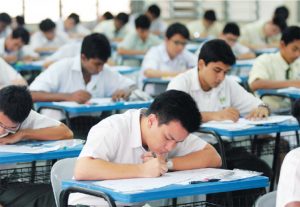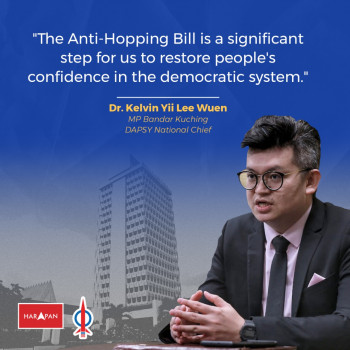
Exam focused education is one barrier to creative and critical thinking skills
KUALA LUMPUR, Oct 28: Policies aimed at skills development among students over the past two decades have failed to create students with the 4Cs: critical thinking, creativity, communication, and collaboration, a study has found.
The study ‘From drills to skills? Cultivating critical thinking, creativity, communication, and collaboration through Malaysian schools’ released today by the Penang Institute said the policies which the government invested in since the 1980’s have failed to address the problems hampering progress of cognitive and interpersonal skills among students.
“These policy failures will become increasingly costly as global demand spikes for workers equipped with the complex, non-routine skill sets that complement advanced technologies.
“According to the World Bank’s World Development Report 2016, 49 percent of jobs in Malaysia are susceptible to replacement by new technologies, even after accounting for low local wages and time lags in adopting automation,” the study found.
The study, which focused on the Pentaksiran Berasaskan Sekolah (School-Based Assessment, PBS), Pentaksiran Tingkatan 3 (Form 3 Assessment, PT3), higher-order thinking skills (HOTS) and i-THINK mind maps policies, said none of these have succeeded in transforming teaching and learning to facilitate skills cultivation.
It proposed that the failure of these policies can be attributed to three things: an overemphasis on exam results; an excess of paperwork-heavy directives that consume teachers’ time; and pervasive blame and cynicism among education stakeholders, heightened by policy flip-flops.
“With these factors distorting education policy implementation, ‘more of the same’ is not enough,” says study author and Penang Institute Fellow Hwa Yue-Yi.
“Instead, we need policy solutions that can cultivate students’ skills despite these adverse conditions, while simultaneously working to replace these adverse patterns with productive interactions among Ministry officials, teachers, students, and other stakeholders.”
The study also outlines 14 policy proposals spanning student assessment, instructional tools, school organisation, and the teaching profession in order to foster the necessary skills. -The Rocket



